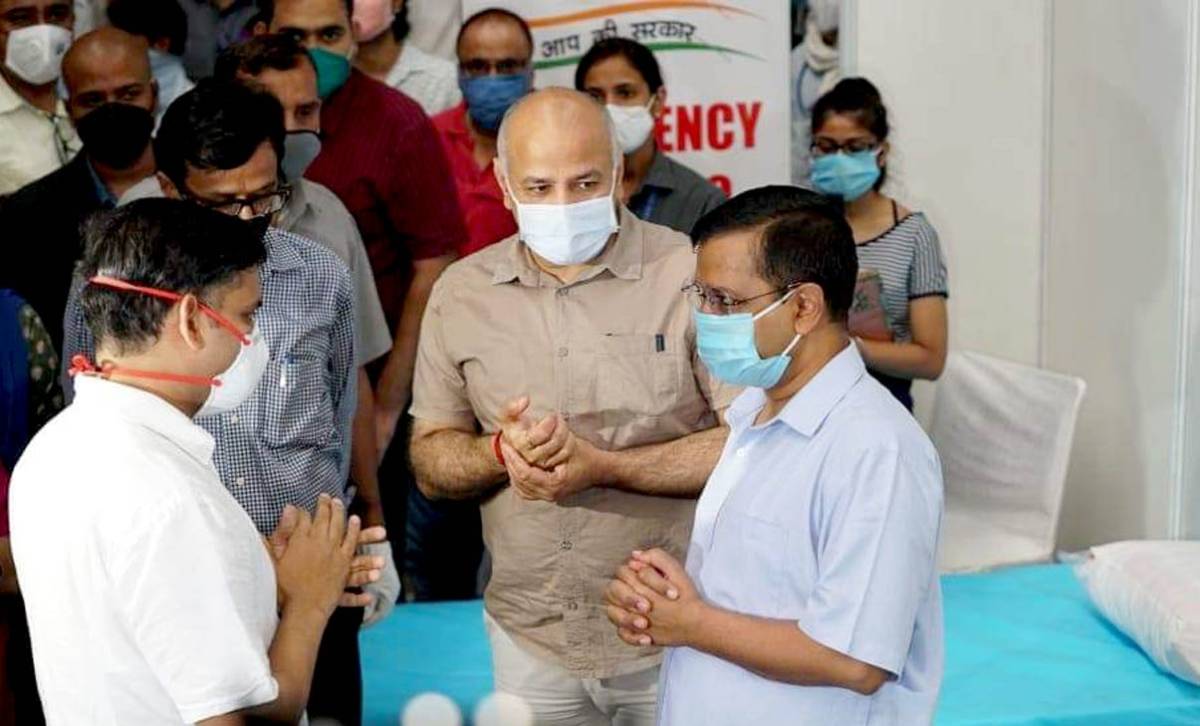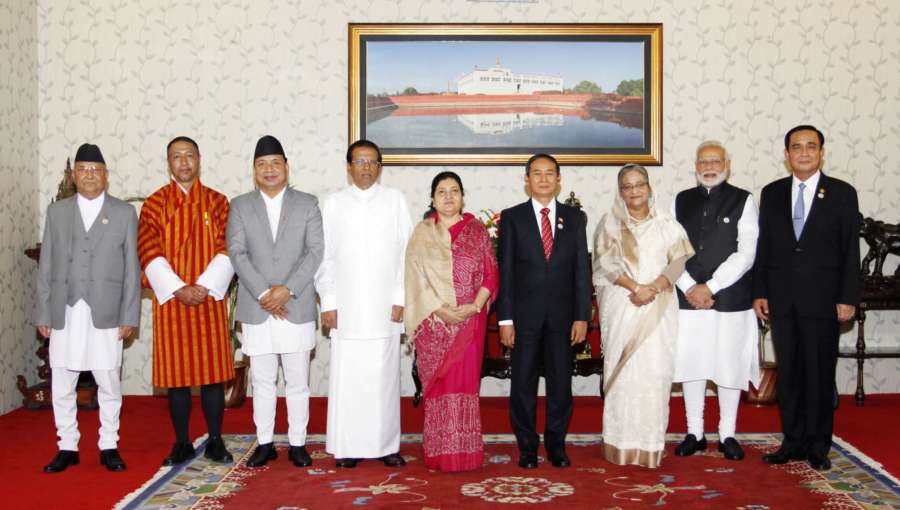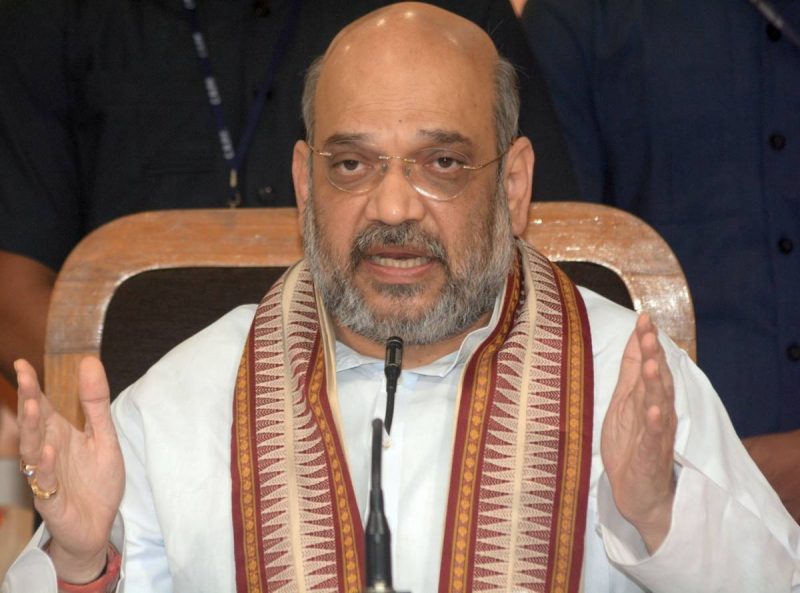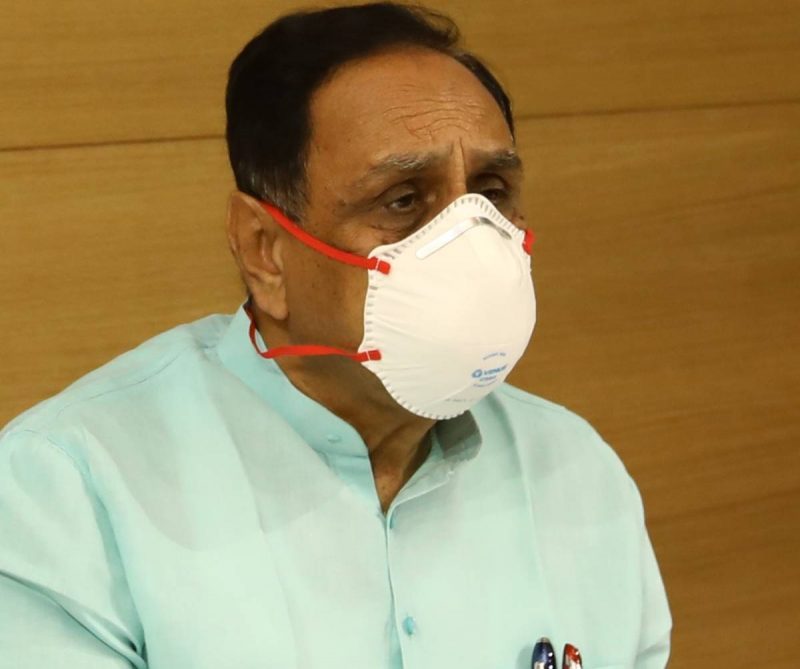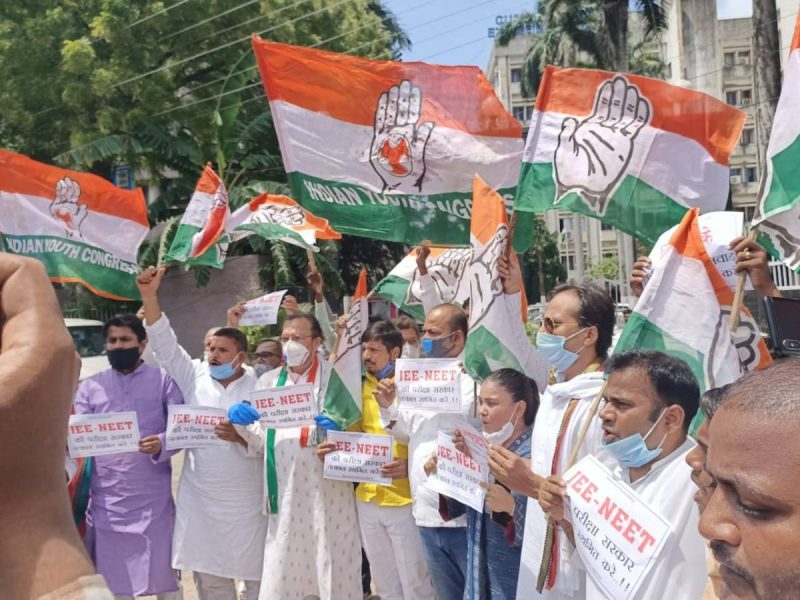India’s first-ever public-private partnership (PPP) scheme in passenger rail operations rolled out by the Indian Railways will stimulate private sector investments in the country, the Acuite Ratings & Research said in a report.
The Rs 30,000 crore scheme will also boost the ‘Make in India’ programme.
The rating agency said that the entry of private operators will provide the Railways with an opportunity to strengthen operating efficiencies over the long term.
“The PPP is likely to spur new private sector and even foreign investments in the railroad segment where many domestic and global players will be keen to establish a foothold,” the report said.
“We also expect it to give a significant push to the government’s ‘Make in India’ initiative as the required locomotives and coaches are likely to be manufactured in the country,” it said.

Besides, the report said the move will address the long-standing demand for better quality customer services and also bridge the gap between demand and supply in the passenger segment.
The report cited that private participation in train services has worked well for advanced economies like the US and the EU, the two regions with the largest railway networks.
In countries like Canada and Brazil, the report pointed out that railway operations remain largely with the private sector.
“The rail network in South America would have been a lot smaller than it is today had several governments not taken the bold step to invite private participation in the 1990s,” the report said.
However, the report also cautioned that effective implementation of the programme will be the key to its success.
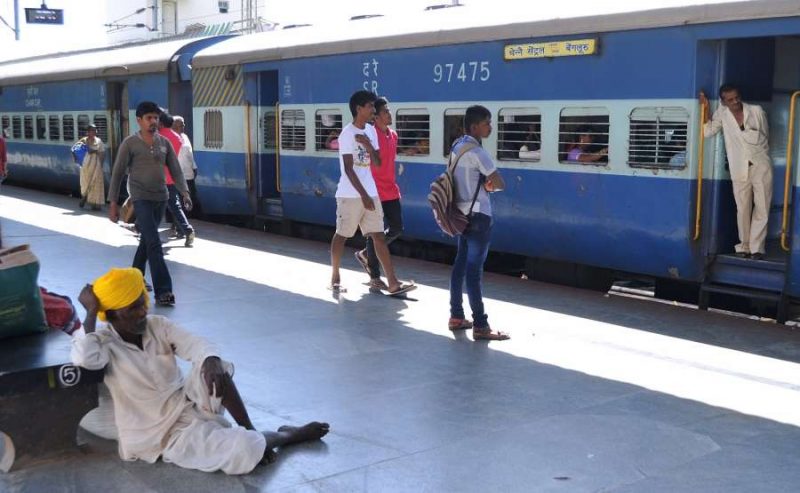
“Though currently a small step in the right track of reform, well-drafted contractual agreements and adequate clarity in the sharing of risks will be important to sustain this initiative,” the report said.
The national transporter on July 8th had announced its plans to allow private entities to operate passenger trains and said that the project would entail private sector investment of about Rs 30,000 crore.
The Railway Ministry also hopes to introduce modern technology rolling stock with reduced maintenance, reduced transit time, boost job creation, provide enhanced safety and provide world-class travel experience to passengers.
The Central government’s move to rope in private players into India’s most popular means of transport has also given rise to severe criticism from various quarters. Those who oppose the move share their reservations about the possible hike in the cost of rail transportation, on which millions of people including the poor depend for their travelling needs.



